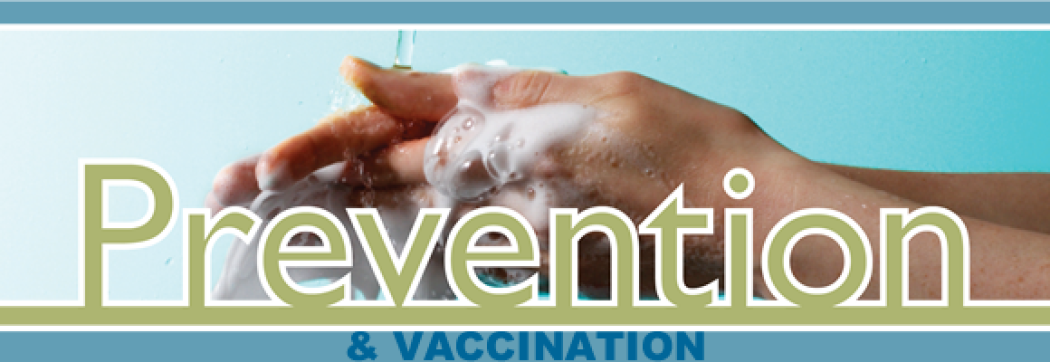Symptoms of Coronavirus
What you need to know – Anyone can have mild to severe symptoms. Older adults and people who have severe underlying medical conditions like heart or lung disease or diabetes seem to be at higher risk for developing more serious complications from COVID-19 illness.
Watch for symptoms
People with COVID-19 have had a wide range of symptoms reported – ranging from mild symptoms to severe illness. Symptoms may appear 2-14 days after exposure to the virus. People with these symptoms may have COVID-19:
Fever or chills
Cough
Shortness of breath or difficulty breathing
Fatigue
Muscle or body aches
Headache
New loss of taste or smell
Sore throat
Congestion or runny nose
Nausea or vomiting
Diarrhea
This list does not include all possible symptoms.
People with COVID-19 should receive supportive care to help relieve symptoms. There is no specific antiviral treatment recommended for COVID-19.
Self care
If you have possible or confirmed COVID-19 Stay home except to get medical care. Monitor your symptoms carefully. If your symptoms get worse, call your healthcare provider immediately. Get rest and stay hydrated. Take over-the-counter medicines, such as acetaminophen, to help you feel better. If you have a medical appointment, notify your healthcare provider ahead of time that you have or may have COVID-19. Stay in a specific room and away from other people in your home. If possible, use a separate bathroom. If you must be around others, wear a facemask.
For informational purposes only. Consult your local medical authority for advice.
Medical treatments
Stay in touch with your doctor. Call before you get medical care. Your local health authorities may give instructions on checking your symptoms and reporting information.
If someone is showing any of these signs, seek emergency medical care immediately:
Trouble breathing
Persistent pain or pressure in the chest
New confusion
Inability to wake or stay awake
Bluish lips or face
